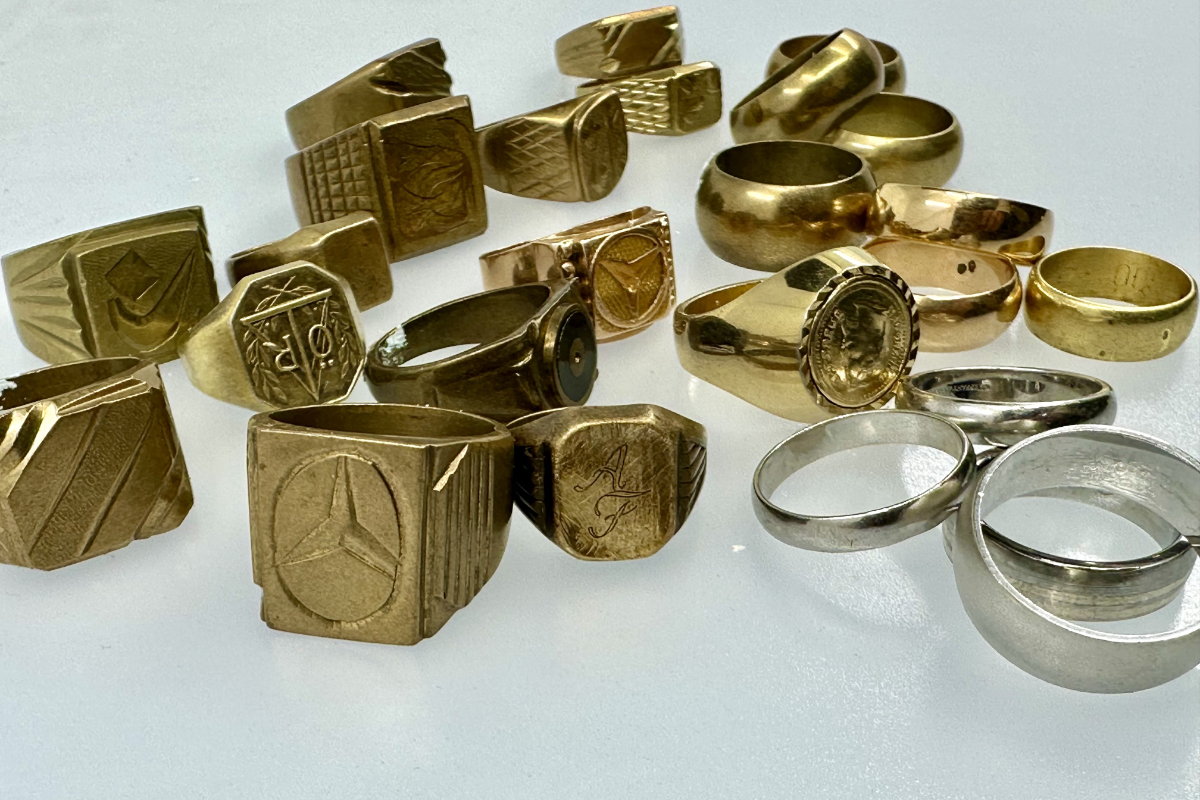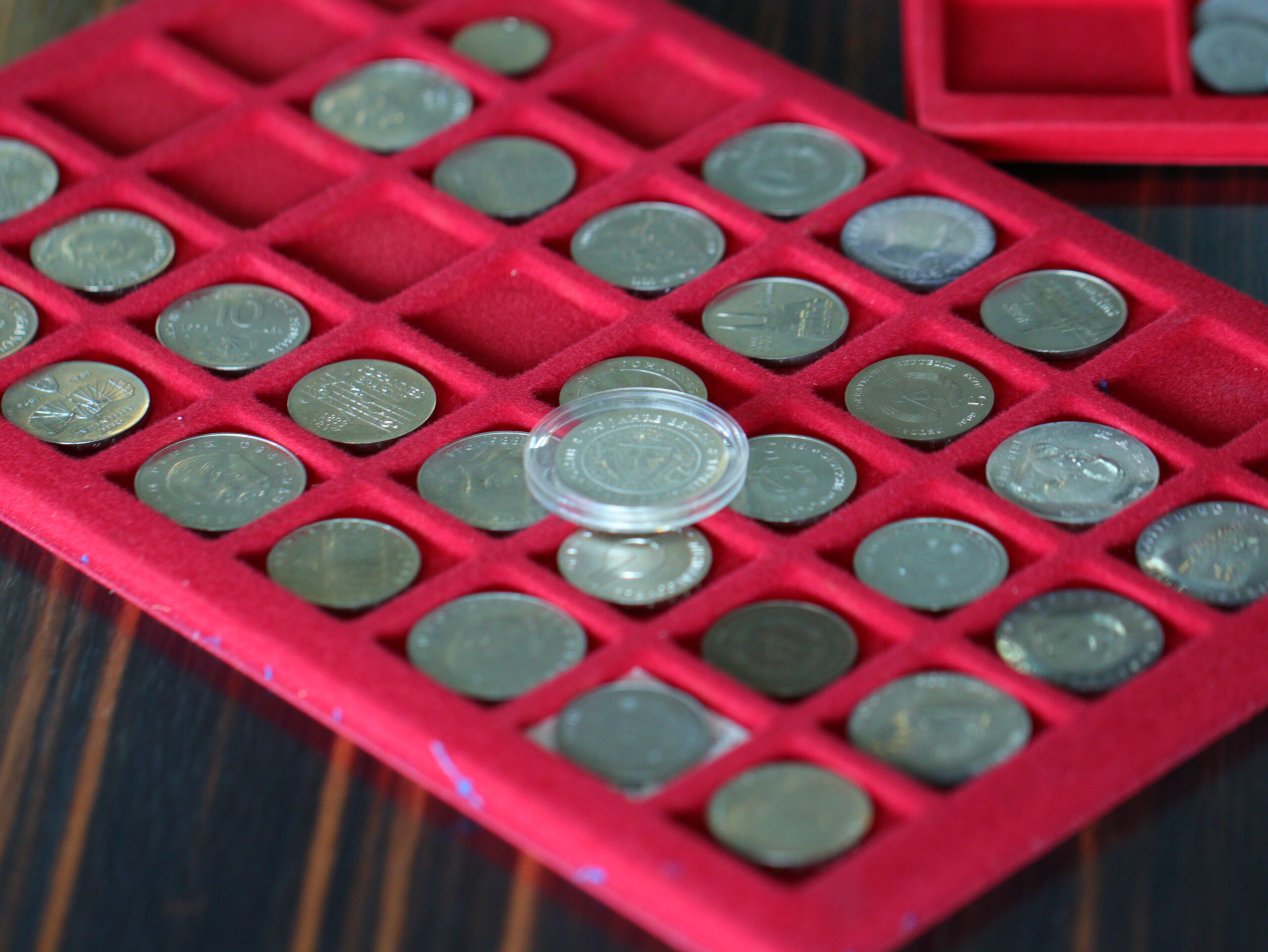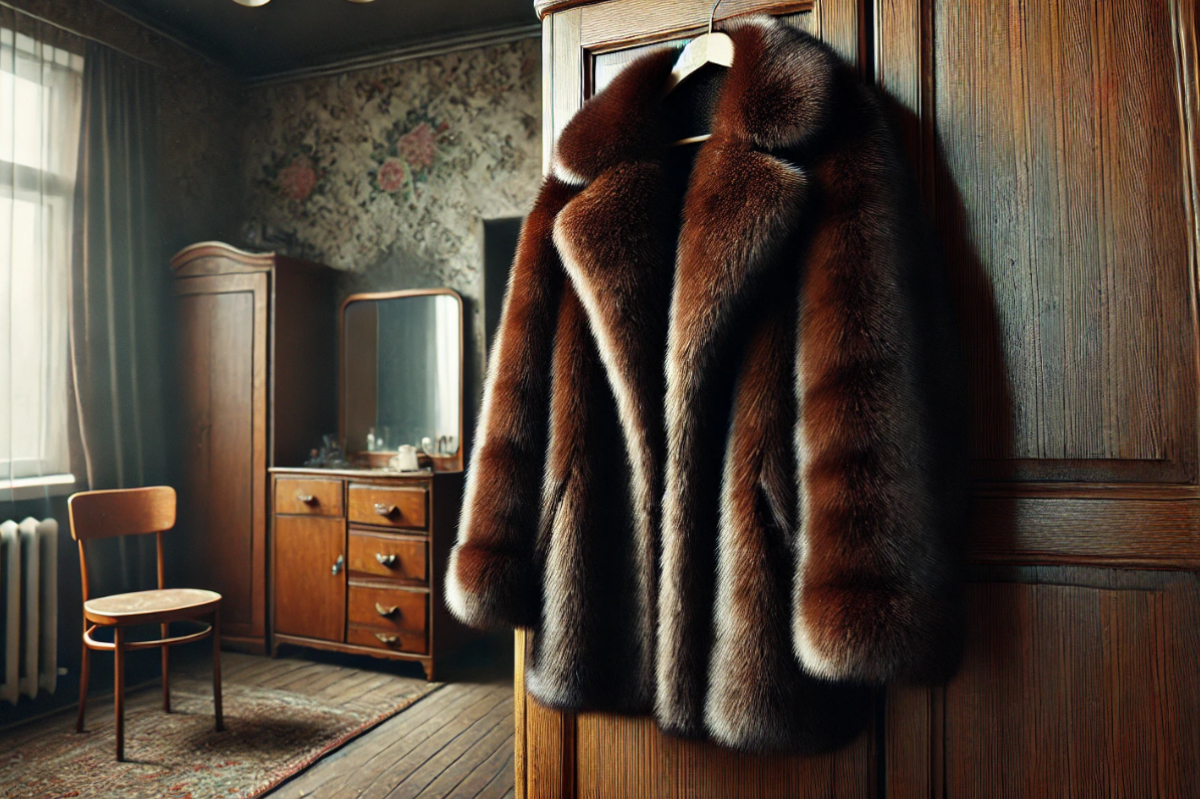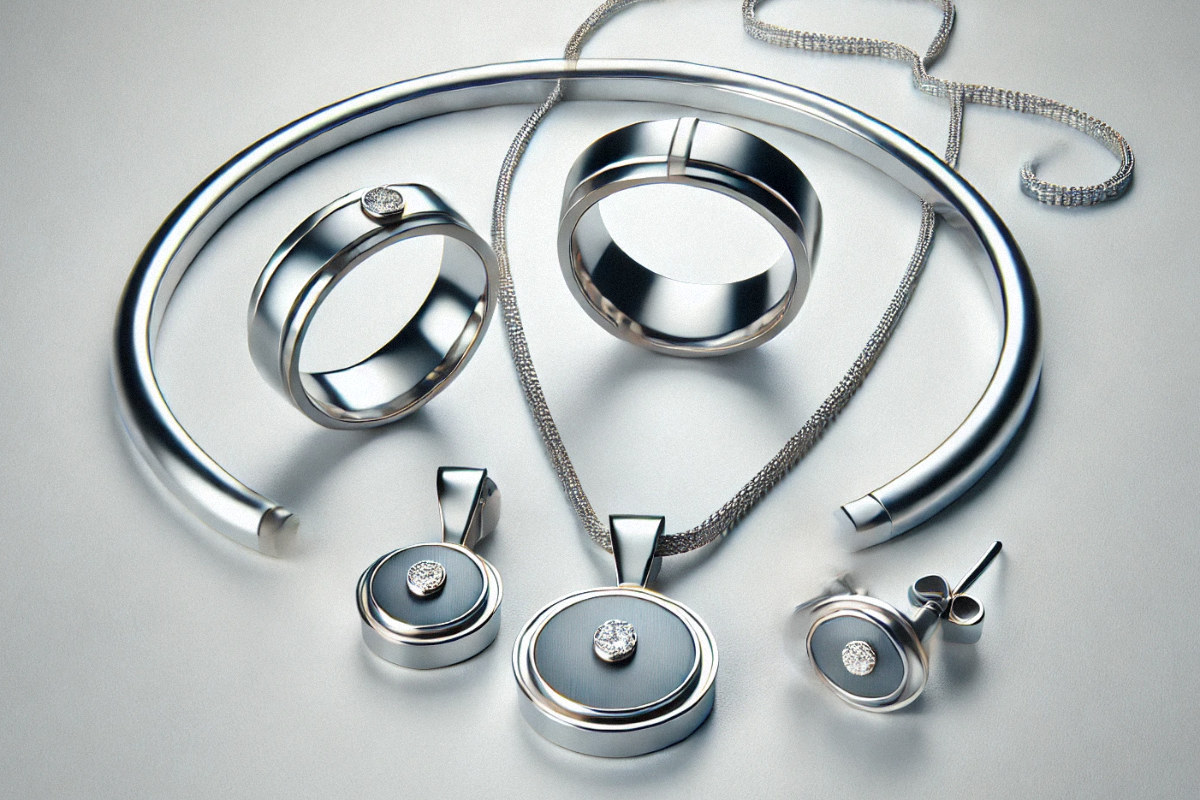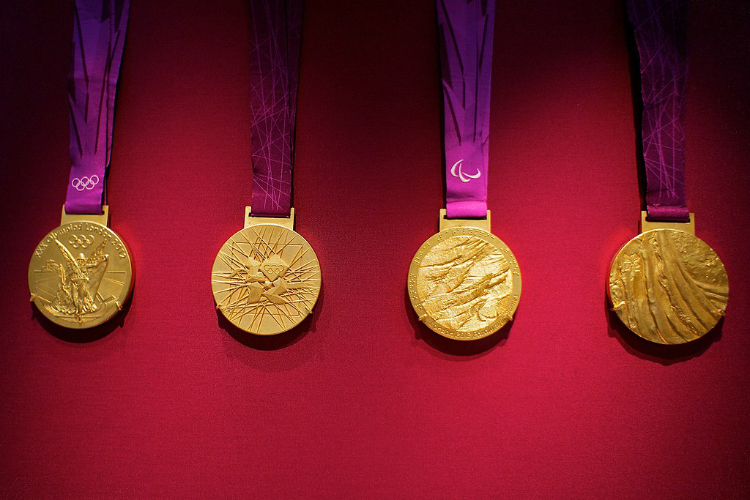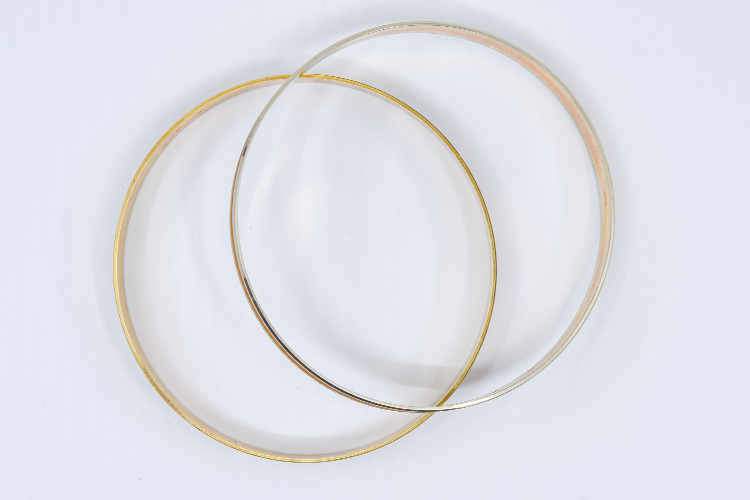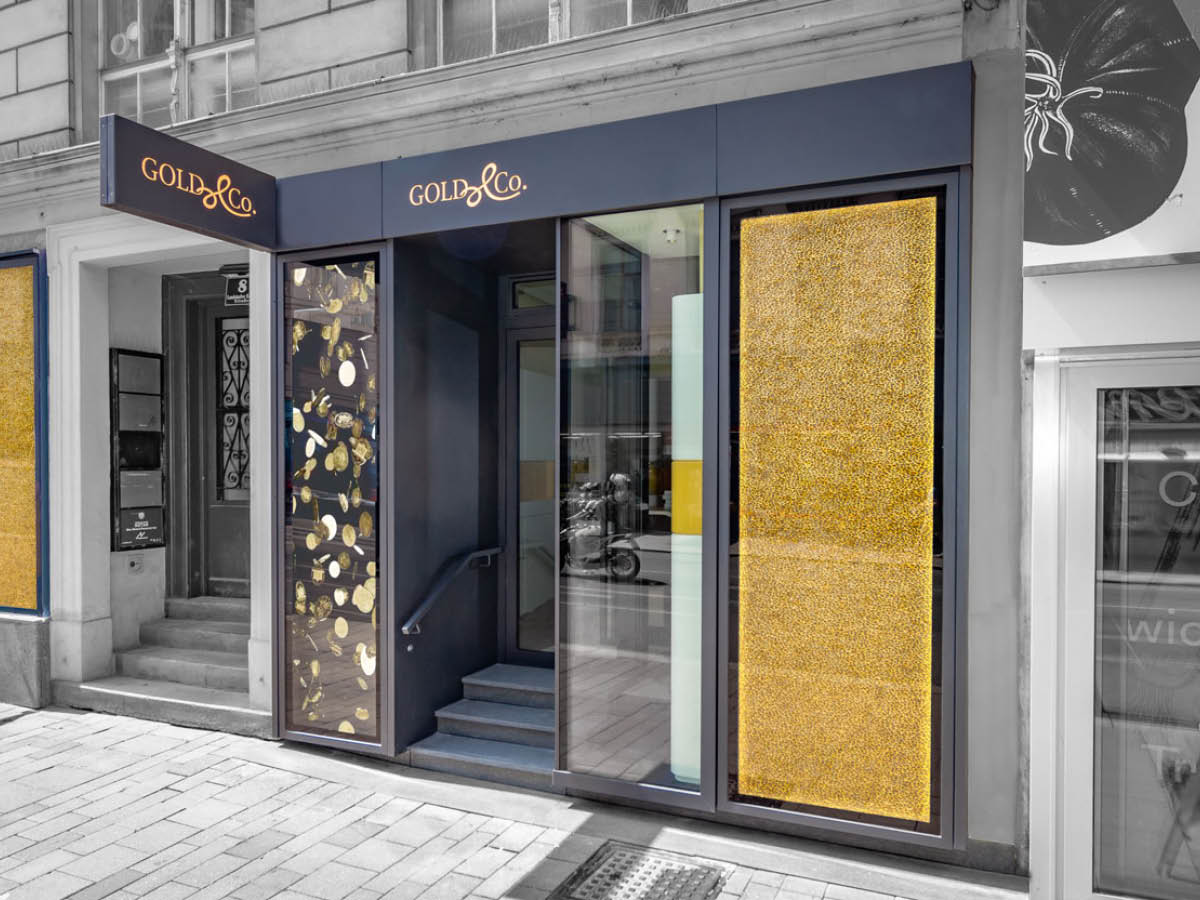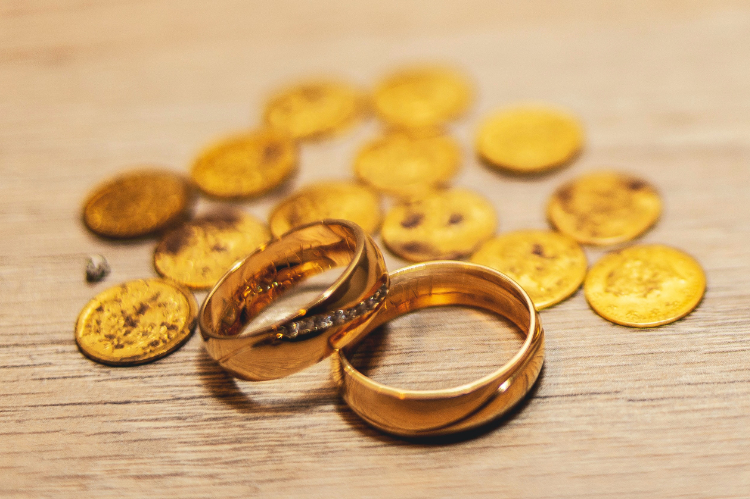
Gold as a wedding gift has a long tradition. In many cultures, gold in the form of gold jewelry or gold coins is an important part of the dowry, in others it is a traditional gift as start-up capital for the joint household and as a nest egg for a rainy day.
Indian weddings as a gold rush
Time and again, we read that the strong demand for gold jewelry during the wedding season in India regularly causes the price of gold to rise in the short term. In fact, the influence of the Indian wedding season in autumn on the international gold price is likely to be rather small, if only because the gold jewelry is not purchased immediately before the wedding. In fact, more gold jewelry is bought in India every year than in any other country in the world. Indians mainly buy 22-carat jewelry, which with a gold content of 916/1000 is already close to pure gold.
Traditionally, gold jewelry is an important part of the dowry, which was given to daughters in order to have a "woman's fortune" and thus security even after moving into the husband's household. In real life, however, the dowry did not end up at the disposal of the women as intended, but was collected by the husband and the parents-in-law, so India officially banned the dowry as early as 1961.
Despite the ban, dowry is still customary. The amount depends on the region, caste and economic situation. Indian families therefore often have to save for years for a dowry befitting their status and start buying gold jewelry for the marriage as soon as a daughter is born.
For many Indians, gold is the only way to save something or make provisions for old age without it being immediately eaten up by inflation.
Gold as a morning gift in Islam
In Islamic countries, gold plays a role at weddings both as a dowry and as a gift. As a morning gift (mahr), the groom gives his bride gold, usually in the form of gold rings, gold chains or other gold jewelry or in the form of gold coins. In the event of the husband's death or divorce, the wife should not be left destitute.
But gold is also traditionally given as a gift from the guests to the bride and groom in the form of coins or jewelry. Gold coins are attached to small pins and pinned to the groom's shirt or the bride's dress, while gold bangles are slipped over the bride's hands.
The gold is intended to serve as a basic stock and as a nest egg for bad times. Because no interest is paid on the increase in value of gold, it also complies with the rules of Islam, which prohibits interest transactions.
A gift of gold in the Balkans
But gold is also a traditional wedding gift in some parts of Europe. In the Balkans in particular, it is still customary today to give gold coins to the newlyweds.
In Croatia, Serbia, Bosnia and Montenegro as far as Macedonia and Albania, the Austrian 4-fold ducat is the traditional gold gift. Still from k. u. k. The belief that the golden ducat coin with the image of Emperor "Franjo Josip" can hold the wedding couple's fortune together even in unstable times dates back to imperial and royal times.
Culturally, the Austrian quadruple ducat has survived to this day as a wedding ducat and is artfully crafted into pieces of jewelry that almost cover the entire bride. Here, too, it is a question of honor and an expression of social and wealth status how much is given to the bride and groom. As the entire wedding party is watching and nobody wants to "lose face in front of their relatives", a wedding gift means quite a hole in the household budget for many of the bride and groom's related families. It is not uncommon for loans to be taken out for this purpose.
Gold as an alternative to a cash gift
For a long time, it was customary to give newlyweds the household goods of their joint household as a wedding gift. However, nowadays in Austria, Germany and other Western European countries, couples live together even before the wedding, so such gifts are no longer common. Instead, gifts of money are given to finance the expensive wedding reception, for a honeymoon or as the basis for a home. A nice alternative to cash gifts are gift bars or beautiful gold coins, such as the Vienna Philharmonic or euro gold coins.
If pure gifts of money are thrown together after the celebration, taken to the bank or spent directly, a gift of gold is usually kept and will be remembered. Nevertheless, it can be turned into money at any time if necessary. Thanks to the current upward trend in the price of gold, the bride and groom can even benefit from an increase in value.

